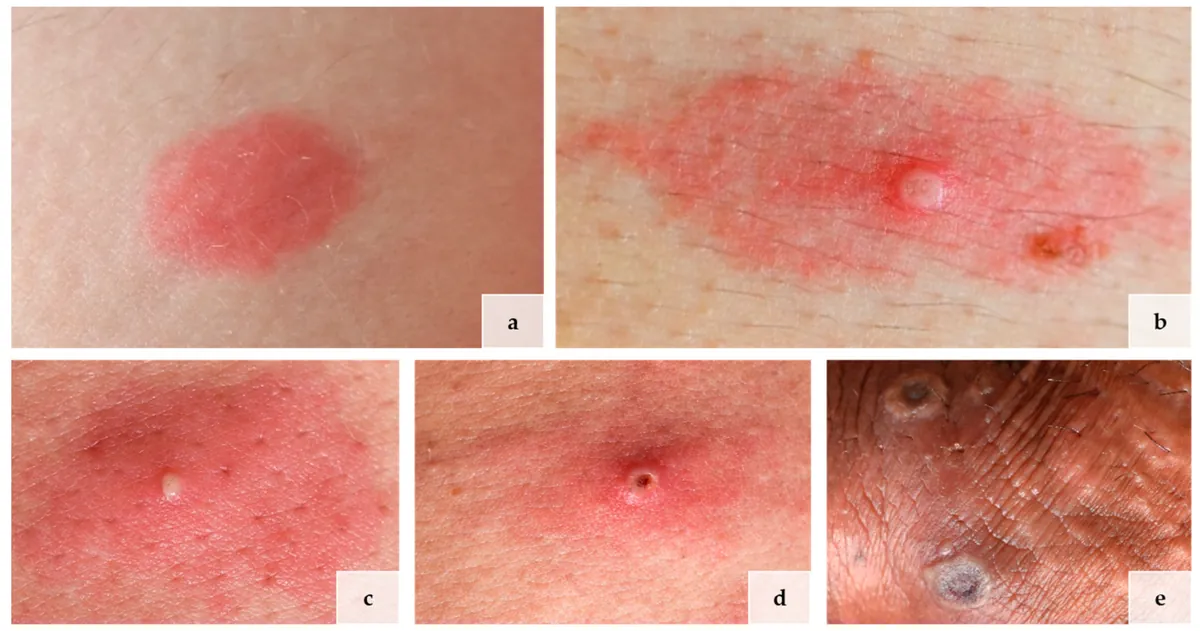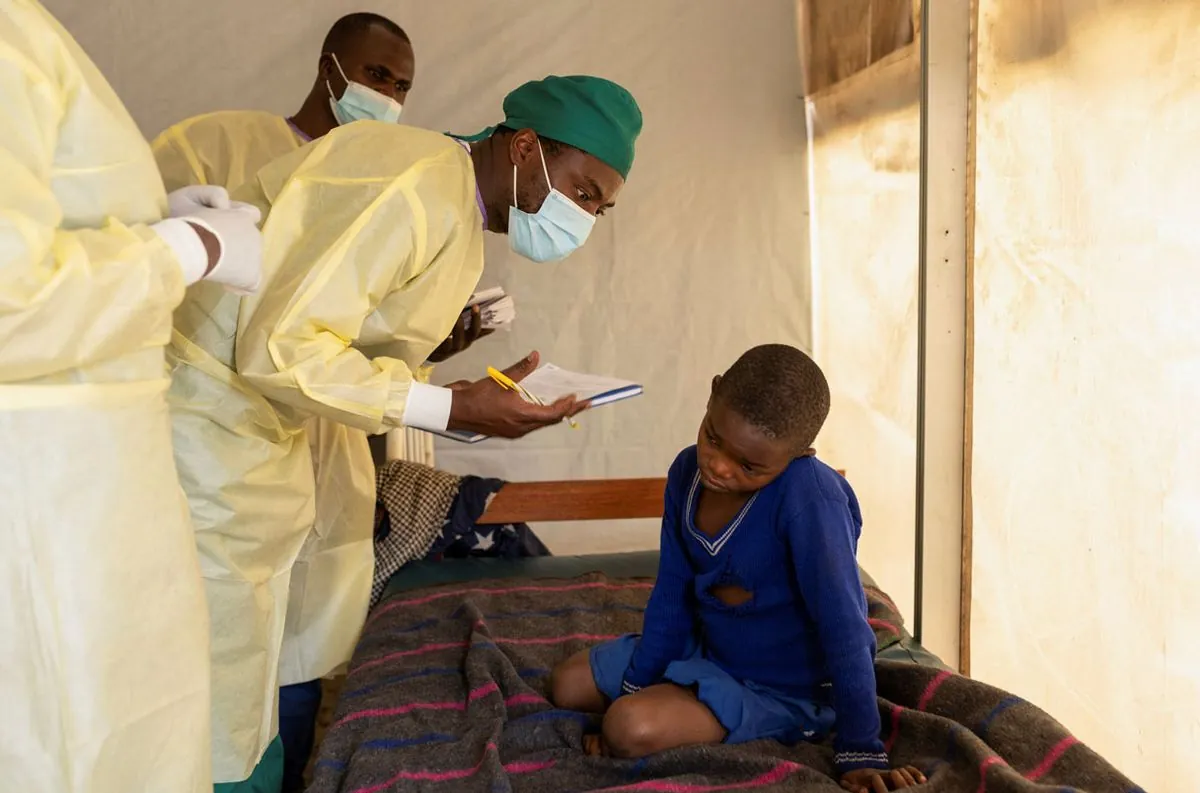Africa Faces Surge in Mpox Cases: Over 29,000 Suspected Infections in 2024
Nearly 30,000 suspected mpox cases reported in Africa this year, with over 800 deaths. Democratic Republic of Congo most affected, as test supplies run out. World Bank allocates funds to combat outbreak.

The African continent is grappling with a significant increase in mpox cases, according to recent data from the World Health Organization (WHO). As of September 15, 2024, nearly 30,000 suspected mpox infections have been reported across Africa, resulting in over 800 fatalities.
Democratic Republic of Congo (DRC) bears the brunt of this outbreak, with the highest number of cases reported. The situation in DRC is further complicated by a shortage of testing supplies, hindering accurate diagnosis and containment efforts. Neighboring Burundi is also experiencing a growing number of infections, raising concerns about potential cross-border spread.
Mpox, formerly known as monkeypox, is a viral disease that spreads through close contact. While typically mild, it can be fatal in rare cases. The disease presents with flu-like symptoms and characteristic pus-filled lesions on the body. Interestingly, the first human case of mpox was recorded in 1970 in the Democratic Republic of Congo, making the current outbreak particularly significant for the region.
The African Union's public health agency reports a 78.5% increase in new cases compared to 2023, with 14,957 cases and 739 deaths reported from seven affected states last year. This surge highlights the growing challenge faced by African nations in controlling the spread of mpox.

Globally, the situation remains concerning. August 2024 saw 2,082 confirmed cases worldwide, marking the highest monthly total since November 2022. This resurgence underscores the need for continued vigilance and international cooperation in managing the disease.
In response to the escalating crisis, the World Bank's pandemic fund announced on September 21, 2024, a significant financial commitment to combat the outbreak. Ten African countries will receive a total of $128.89 million to support their efforts in controlling and mitigating the impact of mpox.
It's worth noting that mpox is endemic in parts of Africa, particularly in tropical rainforest areas. The virus belongs to the same family as smallpox and can be transmitted from animals to humans through bites, scratches, or consumption of infected animals. The incubation period typically ranges from 6 to 13 days but can extend up to 21 days.
While the current outbreak is severe, it's important to remember that vaccines developed for smallpox have shown effectiveness against mpox. Additionally, antiviral drugs originally designed for smallpox may be used to treat severe cases of mpox.
As the situation evolves, healthcare workers remain at increased risk due to occupational exposure. Pregnant women and immunocompromised individuals are also more vulnerable to severe mpox infections. The WHO continues to monitor the outbreak closely, emphasizing the importance of early detection, isolation, and contact tracing in controlling the spread of the disease.
"We are deeply concerned about the rapid increase in mpox cases across Africa. The shortage of testing supplies in the Democratic Republic of Congo is particularly alarming. We urge the international community to support affected countries in their efforts to contain this outbreak and provide necessary medical care to those affected."
The current mpox outbreak serves as a reminder of the ongoing challenges in global health security. As the world continues to grapple with various infectious diseases, the importance of robust healthcare systems, international cooperation, and sustained funding for disease prevention and control cannot be overstated.


































